ELSI in Epigenetics: Indigenous, National and Global Perspectives. Brocher Foundation, 23-25 May, 2022.
Published in Healthcare & Nursing
The Brocher Foundation-funded ELSI in Epigenetics: Indigenous, National and Global Perspectives symposium brought together bioethicists, epigeneticists, policy researchers and healthcare professionals from around the world in May 2022. Organised by members of the Melbourne School of Population and Global Health (University of Melbourne) and the Ethical, Legal and Social Implications of Emerging Technologies (ELSIET) research group (Iverson Health Innovation research institute, Swinburne University of Technology), the symposium was also endorsed by the Gen(e)quality Network and Deakin University’s Science and Society Network. Due to COVID-19 related delays, an online version was also hosted in 2021, available here: https://mspgh.unimelb.edu.au/centres-institutes/centre-for-health-policy/research-group/evaluation-implementation-science/news-and-events/elsi-genomics-symposium
A special issue of research papers related to the symposium themes is currently underway for the International Journal for Equity in Health, edited by Drs. Angeline Ferdinand and Evie Kendal. Details of the CFP are available here: https://www.biomedcentral.com/collections/precision
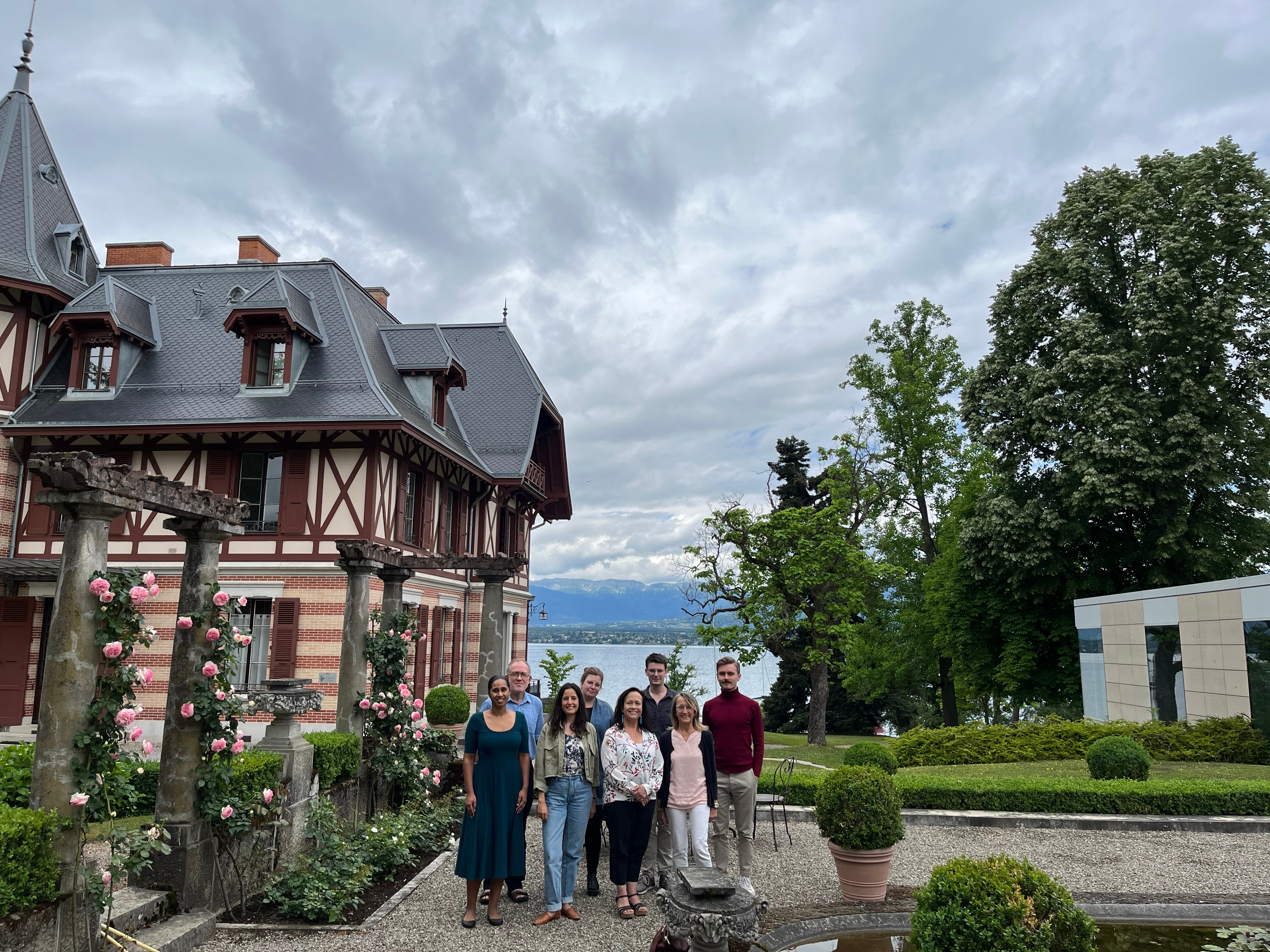
Pictured (back): Prof. Angus Clarke, Assoc. Prof. Martha Kenney, Dr. Jordan Parsons, Mr. Asher Soryl
Pictured (front): Dr. Angeline Ferdinand, Ms. Tania Manríquez Roa, Dr. Denise Dillard, Prof. Bettina Borisch
The symposium opened with an address from Professor Bettina Borisch, CEO of the World Federation of Public Health Associations and professor of public health at the University of Geneva, who discussed the gender data gap regarding genomics research and the potential benefits of pharmacogenomics in oncology. She also noted the growing health disparities across economic groups and the need for resilient global public healthcare systems. Swinburne University’s Dr. Evie Kendal then discussed anticipatory ethics and governance for emerging genetic and epigenetic technologies, followed by Dr. Jordan Parsons (Keele Law School, formerly Bristol Medical School) who presented on ethical issues surrounding direct-to-consumer genetic testing. This tied in well with Deakin University Professor Jeffrey Craig’s paper on public knowledge and opinions regarding genetic and epigenetic testing. The first day finished with a presentation by University of Zürich PhD student, Tania Manríquez Roa, on self-experimentation in the context of COVID-19 and other health emergencies, and a facilitated discussion of regulation and legislation of genetic technologies.
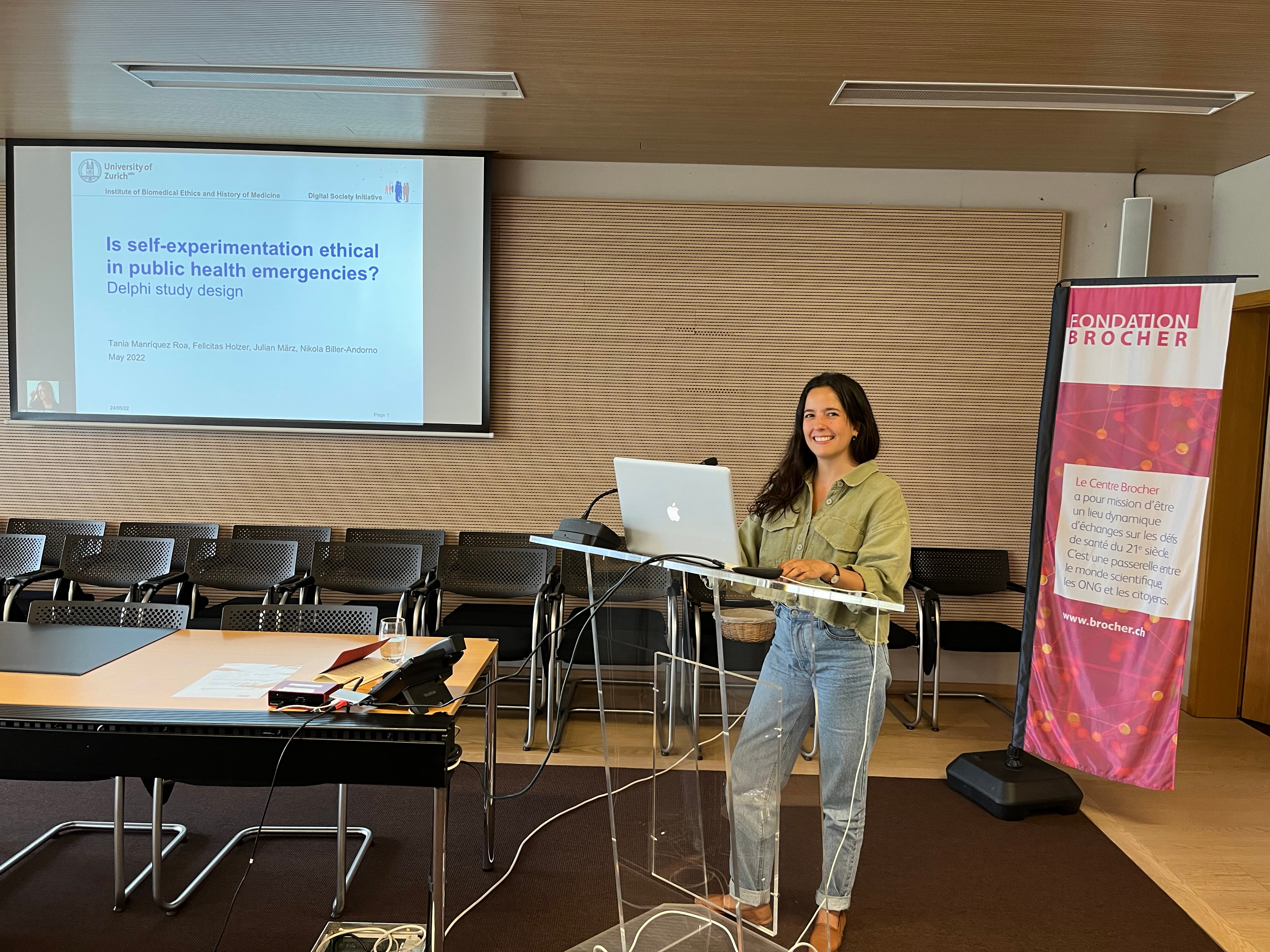 |
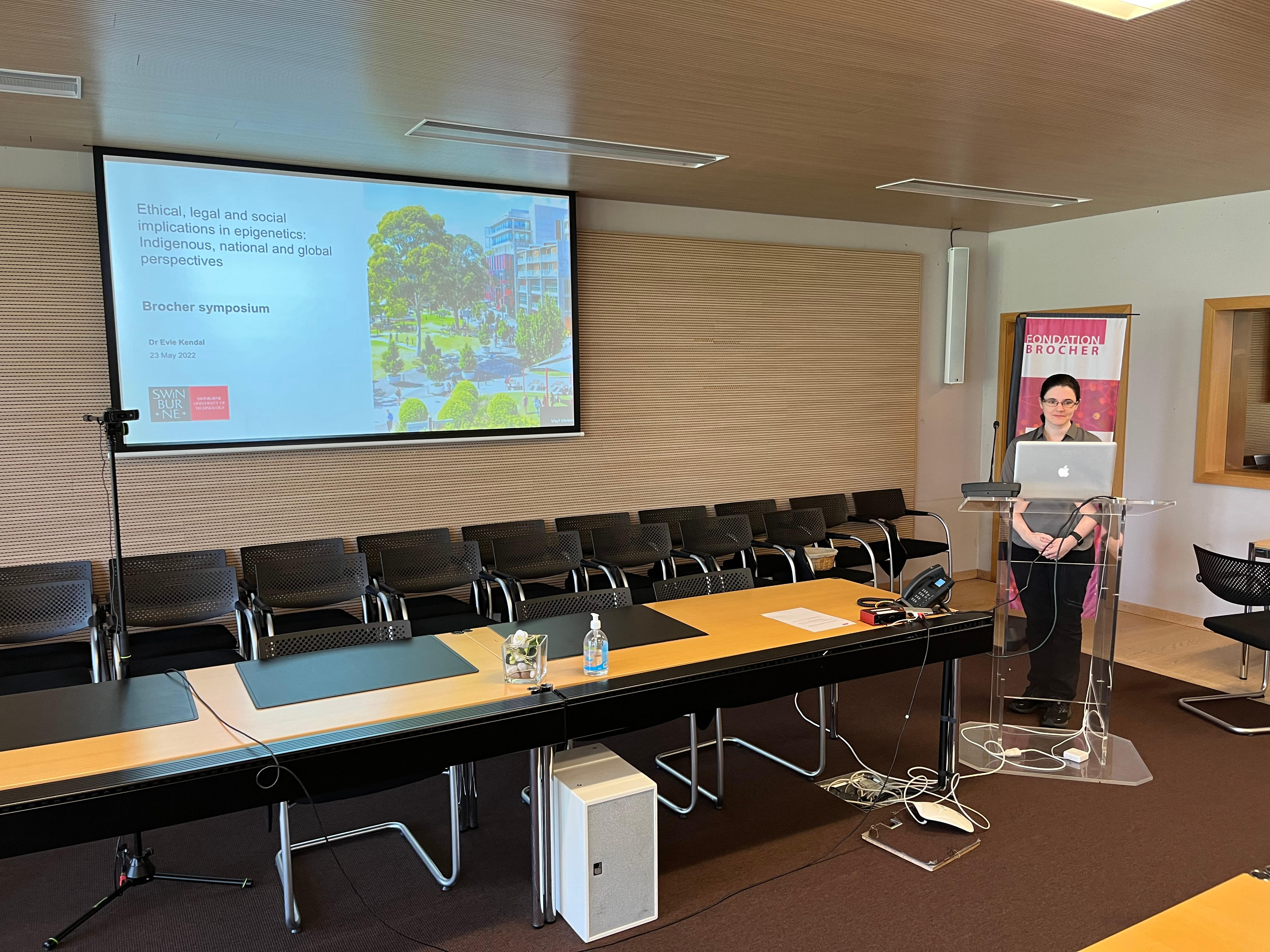 |
Pictured (left): Ms. Tania Manríquez Roa |
Pictured (right): Dr. Evie Kendal |
Day two’s schedule opened with Dr. Denise Dillard, Director of Research for the Southcentral Foundation, a tribal health organisation in Alaska, who discussed American Indian and Alaska Native peoples’ underrepresentation in genomics research. She also covered ethical issues surrounding data collection, ownership, governance and privacy for community members. This was followed by Cardiff University’s Professor Angus Clarke, who presented on genomics and justice and how the social determinants of health impact epigenetics across communities. San Francisco State University’s Associate Professor Martha Kenney (presenting on behalf of herself and Professor Ruth Müller, Technical University of Munich), then discussed issues of race and stigma related to epigenetics research. University of Zürich’s Professor Isabelle Mansuy then shared results of a neuro-epigenetics animal study demonstrating the impact of maternal and early life stress on offspring behaviour. The day finished with a presentation from Dr. Mayli Mertens (University of Copenhagen) on reflexive prediction in epigenetics risk profiling, and a facilitated discussion on justice in genomics.
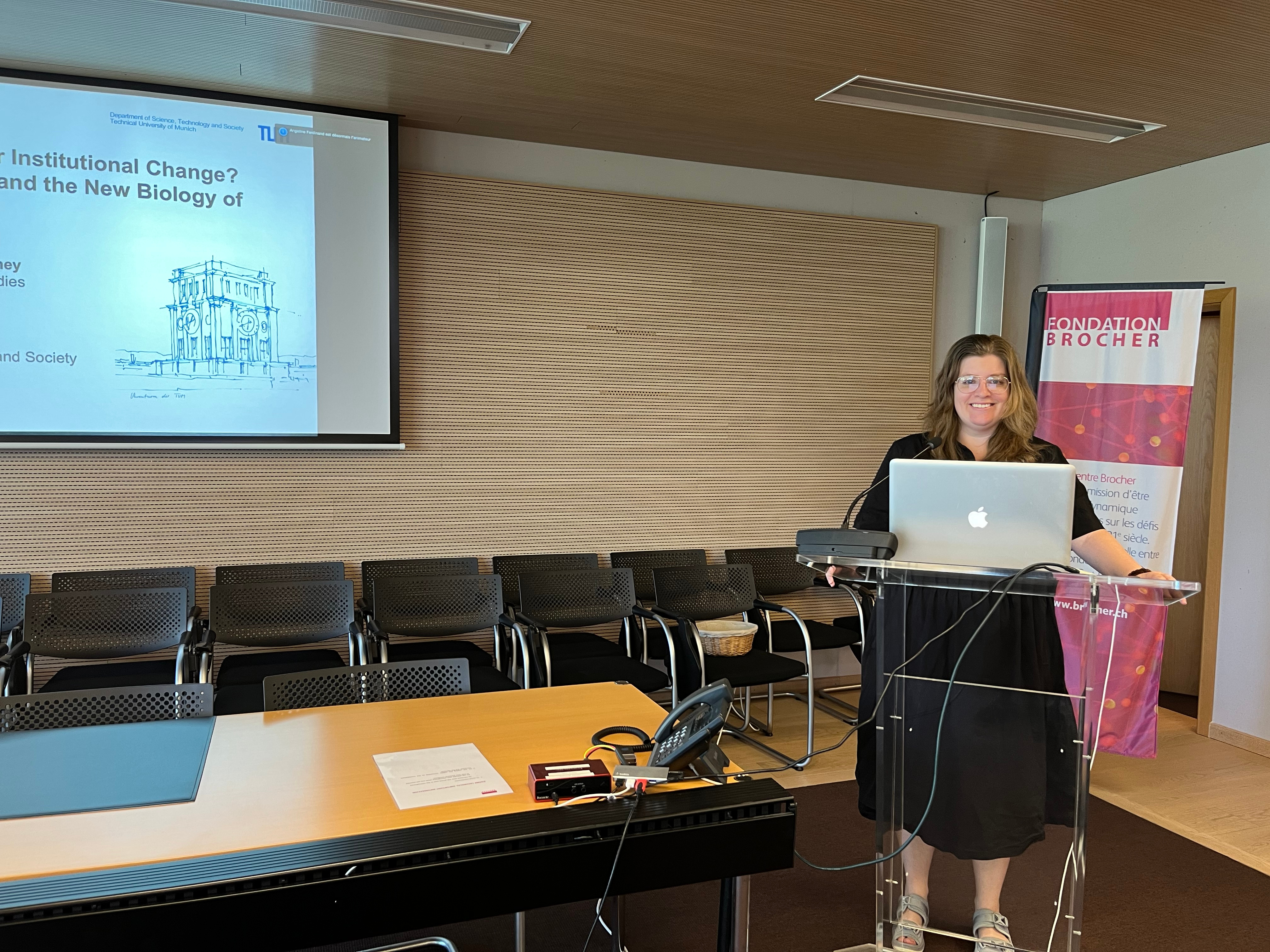 |
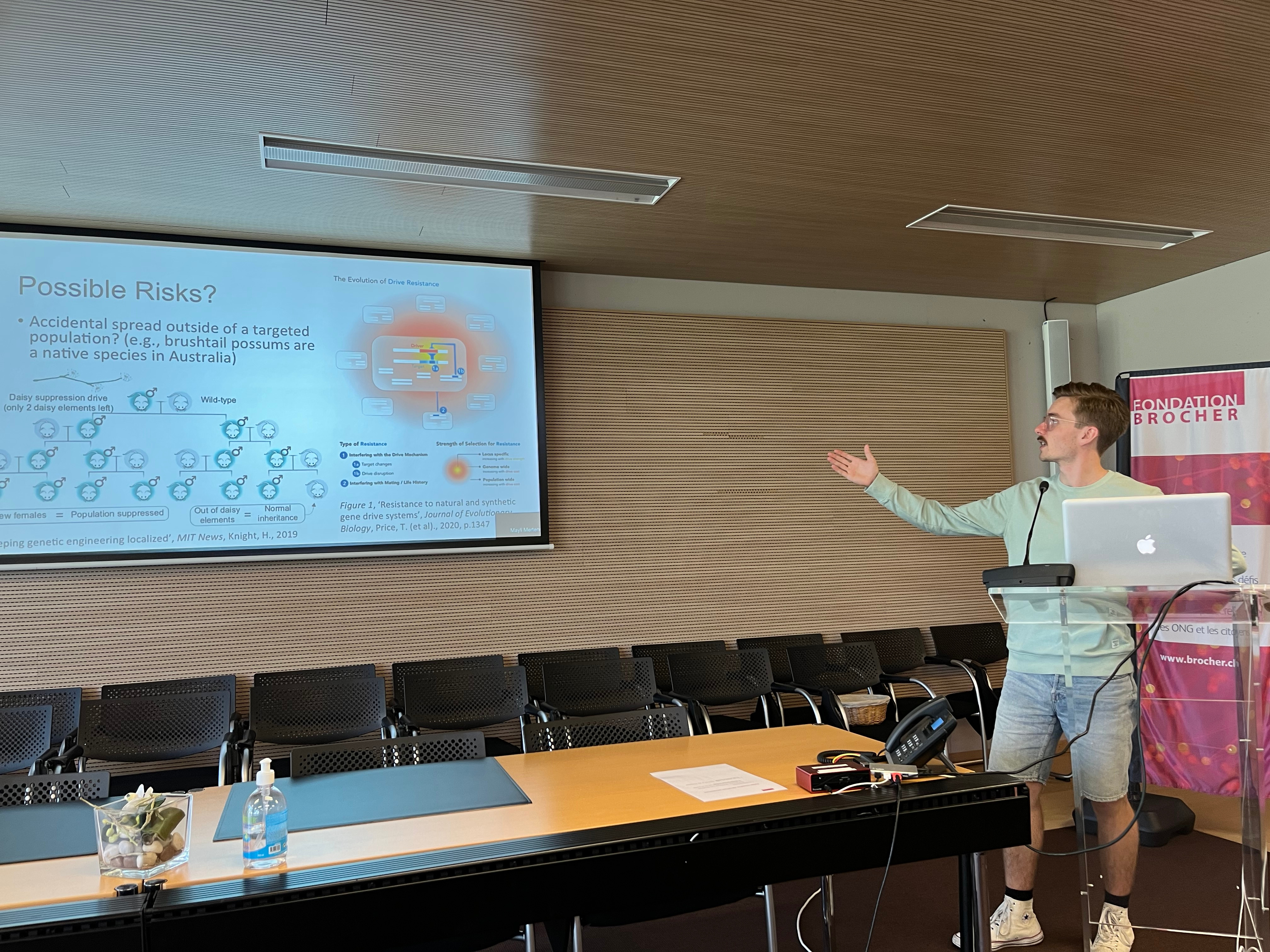 |
Pictured (left): Assoc. Prof. Martha Kenney |
Pictured (right): Mr. Asher Soryl |
The final day opened with University of Otago PhD student, Asher Soryl, discussing gene drive interventions for pest management, and their environmental impact in Aotearoa New Zealand. This was followed by Dr. Luisa Rivera (Dartmouth College, formerly Emory University) who related a challenging ethical dilemma she faced in her own research that led her to discontinue the epigenetics component of her study in Guatemala. The event closed with a workshopping event to develop research topics for the forthcoming special issue.
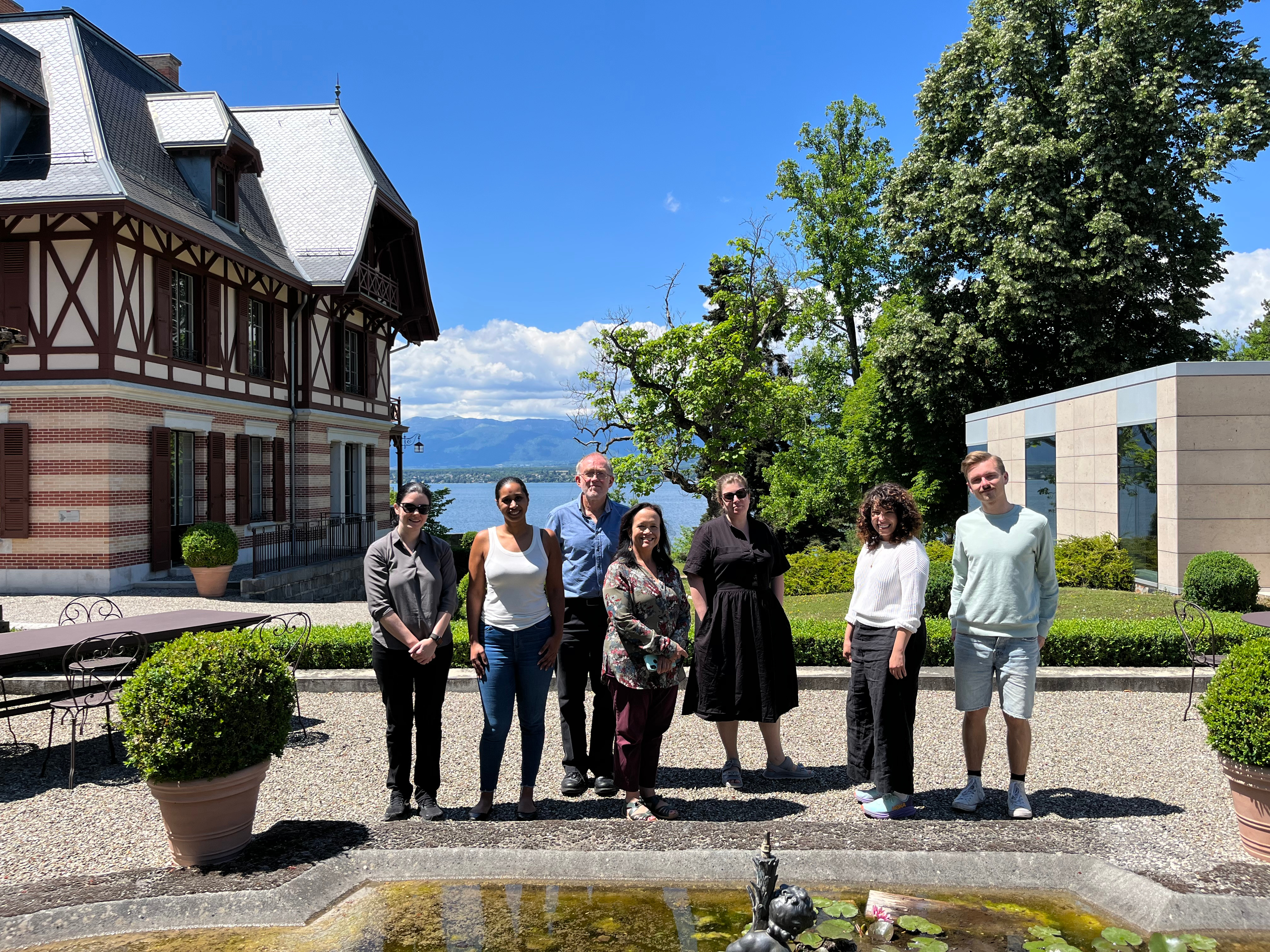
Pictured: Dr. Evie Kendal, Dr. Angeline Ferdinand, Prof. Angus Clarke, Dr. Denise Dillard, Assoc. Prof. Martha Kenney, Dr. Luisa Rivera, Mr. Asher Soryl
The organisers acknowledge the support of the Brocher Foundation and especially wish to recognise the valuable contributions of all the First Nations researchers involved in both the virtual and in-person events. They also extend their heartfelt condolences to the late Professor Margaret Kelaher’s family and colleagues and acknowledge her contributions to the symposium proposal and development.
 |
 |
 |
 |
Images: The beautiful grounds of the Brocher Foundation





Please sign in or register for FREE
If you are a registered user on Research Communities by Springer Nature, please sign in